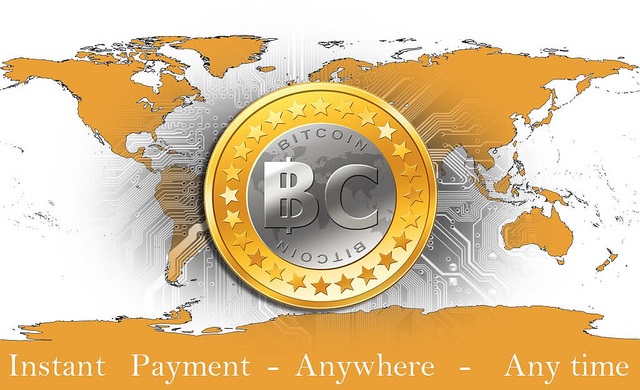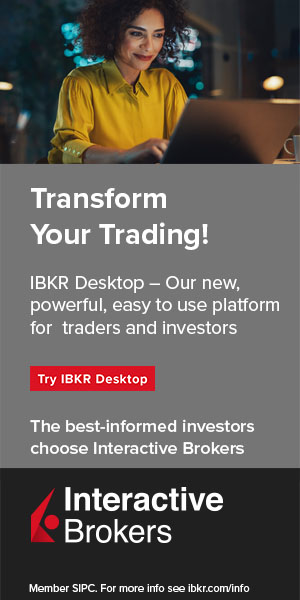Price news

It’s been a very steady week (in bitcoin terms!), with price trading mostly in the $245 and $255 range.
Seven-day average price: $250.81 End of week market cap: $3.6 billion
(Prices quoted according to Coindesk Bitcoin Price Index)
Due to a busy couple of weeks I missed last week’s report, so this time I will try to summarise the biggest news from the last two weeks.
Bitcoin Investment Trust Open For Business
SecondMarket’s much anticipated Bitcoin Investment Trust (BIT) has finally gone live, allowing public investors to get in on the bitcoin price action. Shares in BIT will be traded on OTC Markets Group’s OTCQX exchange, under the symbol “$GBTC”.
The fund has taken a “shortcut” route of listing as a pink sheet, allowing them to beat competitors such as the Winkelvoss Bitcoin Trust ETF, who are still dealing with the lengthy SEC approval process. BIT are hoping to capitalise on the nascent interest from traditional investors, who up till now have been unable to invest in bitcoin due to it being an unregulated asset.
Whether the release of the fund will have much of an affect on the bitcoin market is yet to be seen, as the original investors in BIT – only high net wealth accredited investors were allowed to get involved – wait for their shares to be moved into their brokerage accounts. After that, the buy/sell prices and volume will be decided by the market. It is assumed that the majority of the BIT investors got involved just before bitcoin’s last ascent, which may result in a lot of sell pressure as they look to realise profits. The first shares are expected to be traded this week.
NASDAQ license technology to Noble Markets
Not a week goes by without evidence of growing interest from traditional finance in the potential of bitcoin. Following NYSE’s investment in bitcoin company Coinbase earlier this year, NASDAQ have now entered an agreement with newcomer Noble Markets to power a new institution-focused exchange. Rather than attempt to compete with the existing bitcoin exchanges, they intend to tap into their liquidity, instead trying to grow the ‘size of the pie’.
Although it’s great to see increasing support for bitcoin, it remains to be seen what problems Noble Markets are hoping to to solve.
To me, this development poses a few questions. Is NASDAQ’s legacy system required when we have the purpose-built bitcoin trading systems from the existing exchanges? Is there a need to separate liquidity between exchanges for individuals and institutions in a global, borderless, decentralised market such as bitcoin? Sure, Noble may be able to offer an interface familiar with traditional investors, but as a regulated entity Noble’s biggest advantage will be trust. Will this be enough when investors are faced with the choice of the current generation of increasingly regulated, increasingly liquid bitcoin exchanges.
Former NYSE CEO Joins Tera Exchange
Duncan Niederauer, the recently departed CEO of the NYSE stock exchnage has been hired as an Advisory Director of bitcoin derivatives exchange TeraExchange. News of Niederauer’s next step had been highly anticipated, and his decision to work with a bitcoin company will be a significant curveball for many. In what seems to be a mainly advisory role, Niederauer’s involvement with the company may be limited. But as a respected member of the finance community, his backing certainly helps improve bitcoin’s case as a technology worth paying attention to.
British Banking Association Warn of Bitcoin Threat
The British Banking Association (BBA) released a report last week on the potential for disruption from new digital finance technologies. Bitcoin in particular was highlighted a potential threat to existing banking business models. The report notes how bitcoin could allow users to operate outside of the usual banking structures, depriving them of the usual revenue streams.
It certainly seems that banks are beginning to realise that the technology behind bitcoin is here to stay, and to stay relevant, they may be forced to upgrade and innovate their decades old systems, improving value for all participants. However, another outcome is likely to be increased digital currency regulation – for good or for worse – as banks wield their considerable lobbying power to make sure their existing businesses are protected from the emergence of digital currencies.


 Hot Features
Hot Features













